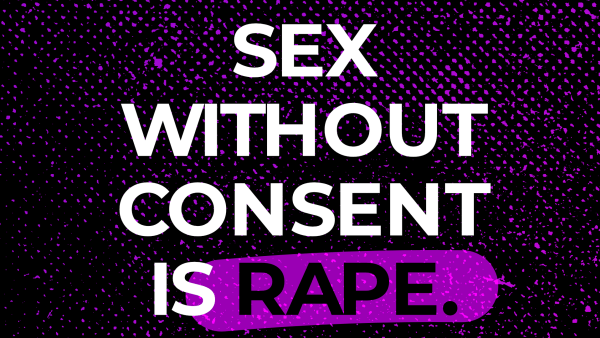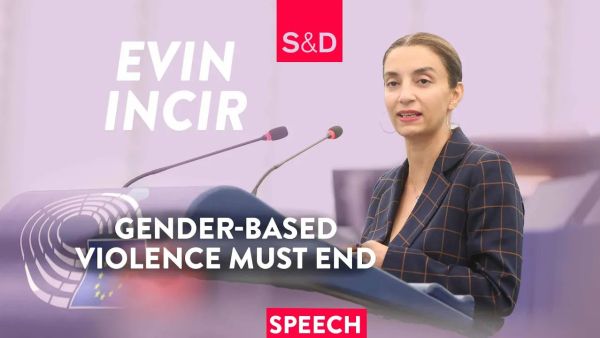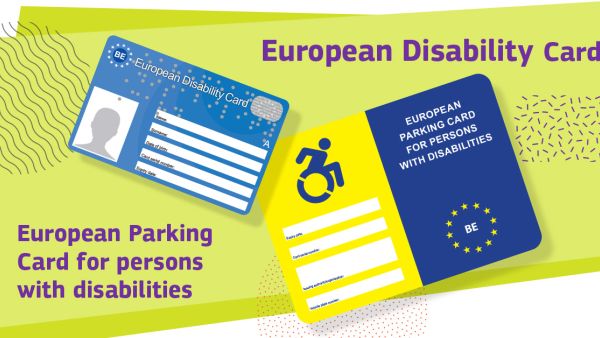The European Parliament today backed a resolution supporting the work of the United Nations to create compacts on safe, orderly and regular migration and on refugees.
S&D Group vice-president responsible for migration, Tanja Fajon said:
“We need to get out of the mind-set that increased migration is a temporary occurrence or simply a European issue. Demographic changes, poverty, climate change and global instability mean increased migratory flows will be one of the defining political issues throughout our lifetimes. We need to show our citizens that we can manage migration in a sustainable way and can continue to meet our moral and legal obligations to help those fleeing war and persecution. International co-operation is an essential part of this, and the S&D Group fully supports the work of the United Nations to strengthen global migration and refugee policies.”
“Our Group has always fought for a fair sharing of responsibility for protecting refugees, both in Europe and around the world. We strongly support the right of family reunification and the creation of safe legal avenues, so that refugees are able to safely reach the country in which they will claim asylum.”
S&D Group vice-president responsible for human rights, Elena Valenciano added:
“Migrants and refugees are facing an increasing hostile environment around the world. This is a global issue and we need global standards to ensure migrants’ basic rights are protected wherever they are. The EU needs to stand firm in its support of the UN’s global compact on migration. With Donald Trump’s US pulling out of the compact, it is essential that the EU take leadership on this issue. It is a disgrace that an EPP government in Hungary is attempting to block Europe taking a common position on the issue.
“Today’s vote is a sign that an overwhelming majority in the EU recognise that international co-operation is essential to effectively manage migration and ensure refugees are protected. We must continue to work towards fighting poverty and inequality around the world. We reject the idea that this kind of development funding should be used as a way of bribing countries into agreeing to harsher border controls or readmission agreements.”
Related content
Find out more








